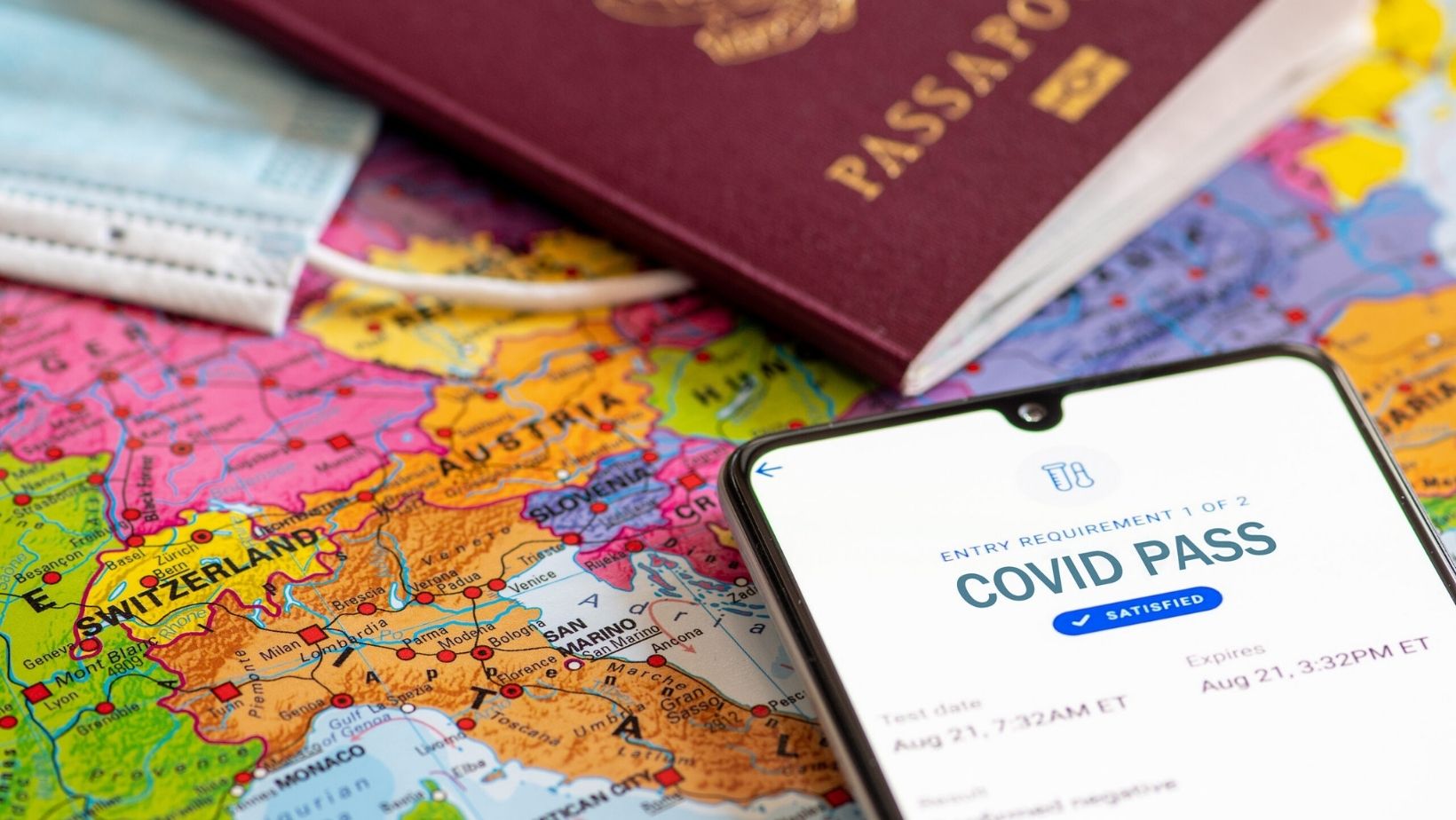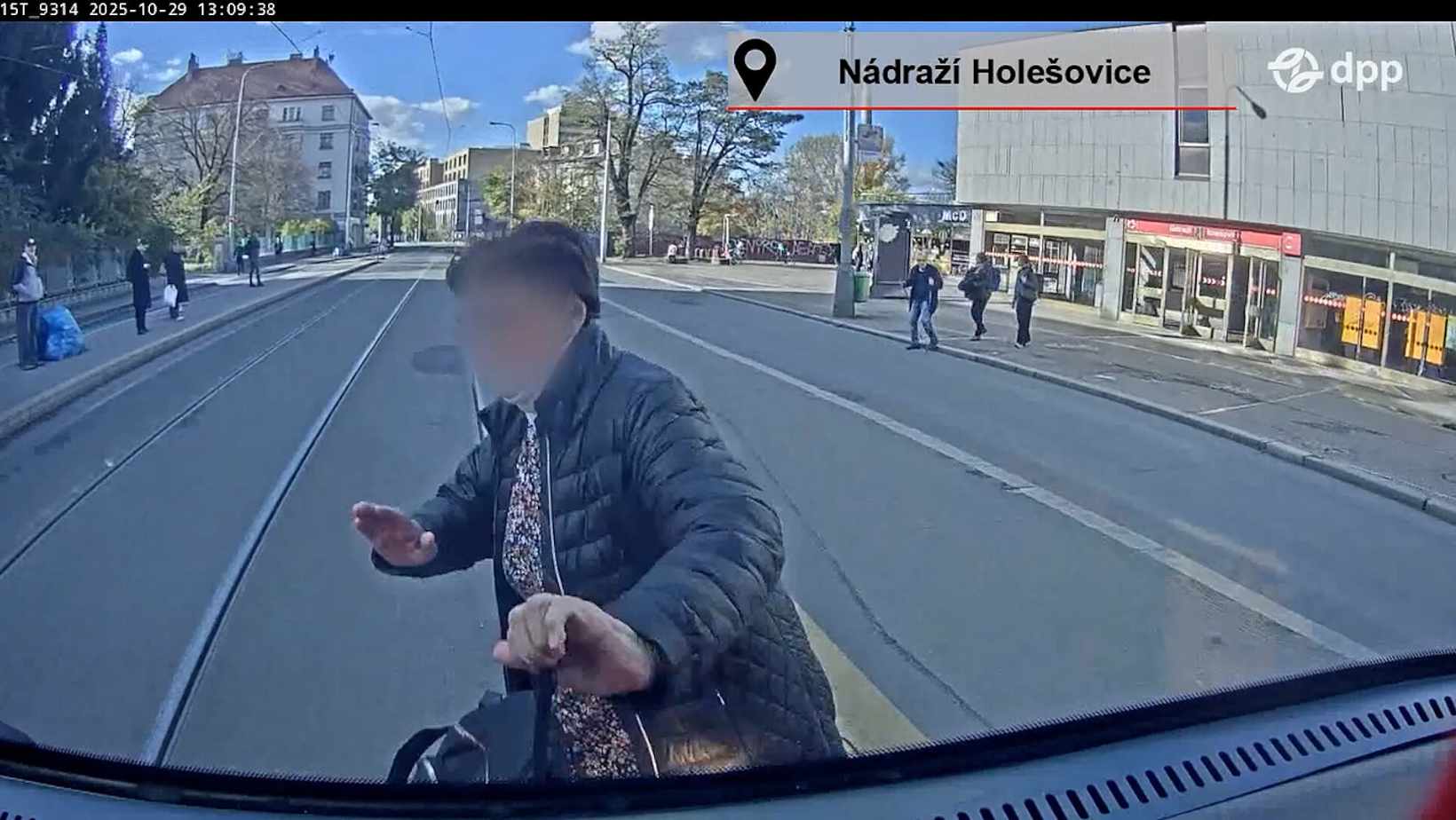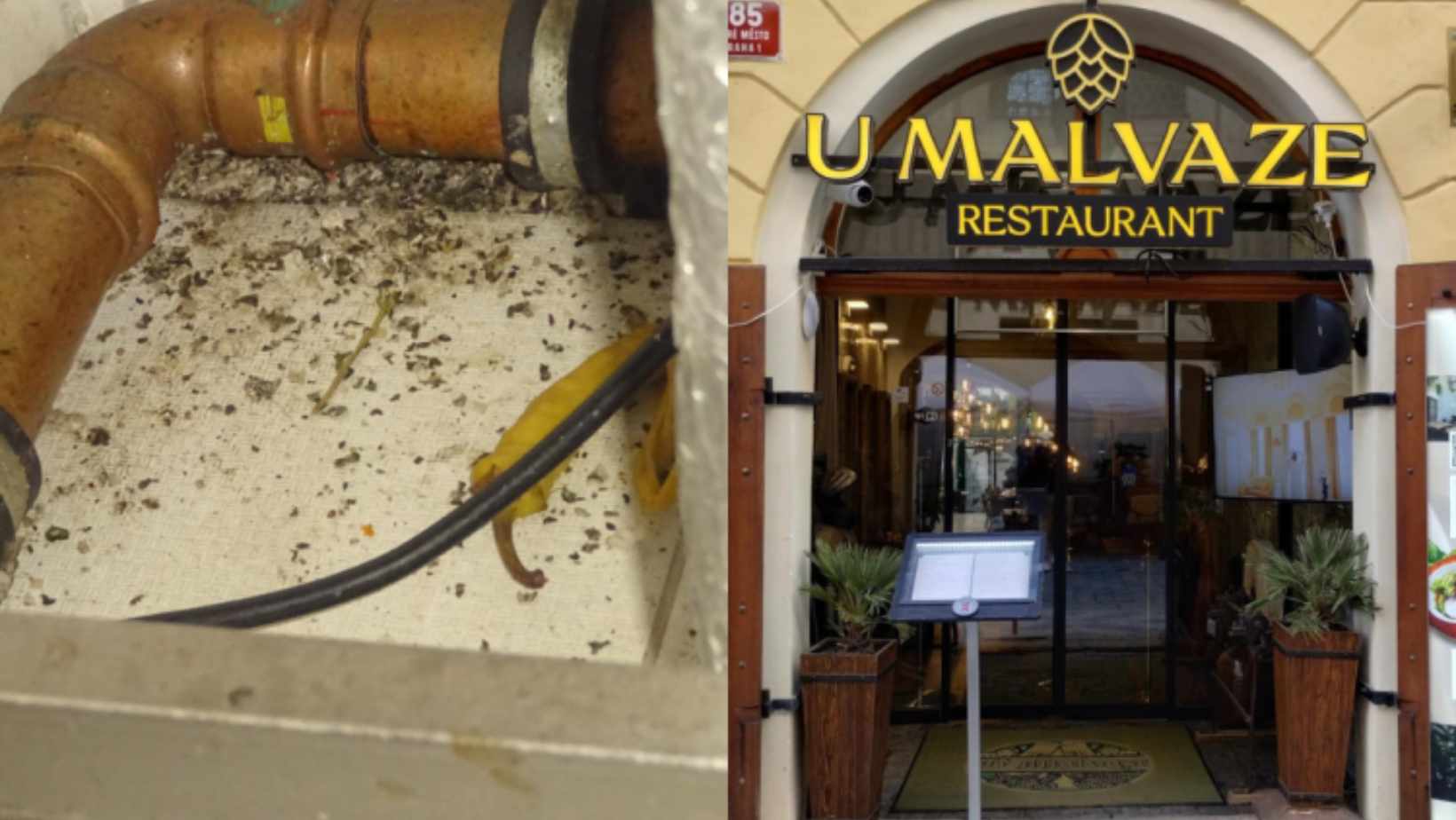The Covid passport, which will start operating at the European level from the middle of the year, should be available in the Czech Republic as early as June.
Deputy Prime Minister Havlicek indicated that “as of June 1, it will be on the Internet basis, as of June 15, it will be within the application.”
According to him, the Czechs are in the lead, and the application will be prepared to meet European standards, which will be valid only from July.
According to MEP Kolaja, it will also be important for inspectors to be able to read the covid passport – not only for the Czech Republic but also for everyone who arrives in the country. That is until someone does not come with vaccination or a test, but ultimately they will be in danger of being quarantined because the data cannot be read during the examination.
“When a Czech comes to Germany, he must be able to prove this with a certificate issued to him in the Czech Republic – and vice versa,” he said.
Havlicek confirmed that the Czech authorities would be prepared for this. “When a German or an Italian comes to us, through something called application verification, we will immediately know if he has been vaccinated or tested,” he said.
However, Kolaja questioned whether the fact that the Czechs would be prepared in advance to demonstrate vaccination or testing at EU level is evidence of advanced digitization.
According to him, the government is simply proceeding by “trying to make digitization fit with current paperwork,” which he does not consider the right course of action. He also noted that on mobile and on paper, the covid passport in the shape of a QR code looks exactly the same.
MEP referred to the Digital Economy and Society Index (DESI), with the Czech Republic ranking 22nd in the European Union. “We are not good. If we are ranked 22 in the European Union, then, of course, we are on the tail. The index is regulated, in some ways, we do a little better, and in some cases, it is a little worse, but we are below average.”
However, according to Havlicek, the situation is improving and, in some partial assessments, the republic is doing well. “In recent years, when Vladimir D’Zurrilla’s office was here, or rather a government agent, he was moving a lot,” he says.
He pointed out that many important laws have been implemented, and the practical result, according to Havlíček, is a citizen portal, an electronic highway stamp, one ticket for all tankers’ trains, or a bank ID.
-
NEWSLETTER
Subscribe for our daily news












